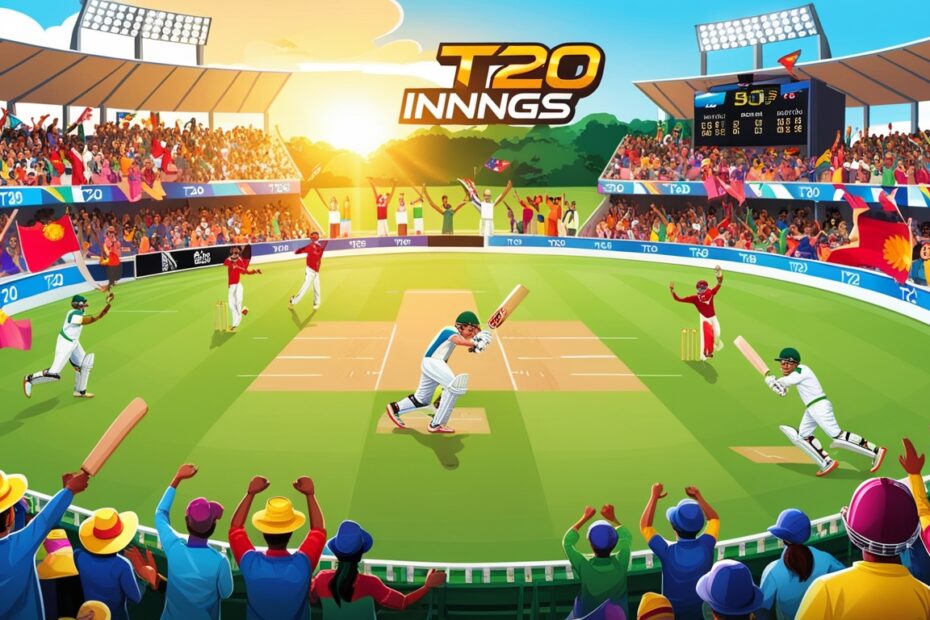T20 matches are generally characterised by quick runs, big hits, and high-scoring excitement. But not every game is like that. There have been times when even India’s best batters have made it hard to score runs, and when innings have ended really, slowly.
This is an article on those occasions, which happen only sometimes, when Indian players struggled at the crease, had several dot balls, and finished with a run-down strike rate. While these performances are uncommon, they are a reminder that cricket is unpredictable even in the shortest format.
What Is a Slow Innings in T20 Cricket?
In T20 cricket, every ball is important. A slow innings happens when a batter plays many balls but scores very few runs. These innings usually have:
- Low strike rate (less than 100)
- Many dots’ balls
- Few or no boundaries
- Such knocks can put pressure on the team and even change the match result.
Top 5 Slowest T20 Innings by Indian Cricketers
Let’s look at the slowest innings in Indian T20 records. These innings were slow due to many reasons, like pressure, bowling, or match situations.
| Player | Runs (Balls) | Strike Rate | Opponent | Year |
| Virat Kohli | 1 (5) | 20.00 | Ireland | 2024 |
| MS Dhoni | 5 (12) | 41.66 | South Africa | 2009 |
| Yashpal Singh | 6 (20) | 30.00 | Punjab (IPL) | 2009 |
| R. Ashwin | 10 (20) | 50.00 | New Zealand | 2016 |
| Yuvraj Singh | 11 (21) | 52.38 | Sri Lanka | 2014 |
Details of Each Slow Innings
Virat Kohli: 1 run from 5 balls (vs Ireland, 2024)
Virat Kohli had a disappointing batting performance in the 2024 T20 World Cup. He came in hoping to score runs but was out early in the 3rd over, making just 1 run off 5 balls. His strike rate was 20, one of the lowest of his T20 career.
MS Dhoni: 5 runs from 12 balls (vs South Africa, 2009)
In the 2009 World Cup, MS Dhoni came into bat when India had already lost a couple of wickets quickly. Due to India’s early loss of wickets, he could not score quickly, but he also got run out later. His soft 5 runs off 12 balls meant that India had even more work cut out for them in a chase.
Yashpal Singh: 6 runs from 20 balls (vs Punjab, IPL 2009)
Yashpal Singh had maybe one of the slowest knocks in the history of the IPL. He took 20 balls to score just 6 runs. While his team ended up winning the match, his slow batting did not appease the fans, and his strike rate of 30 went against everything IPL teams built their teams on the philosophy of quick scoring.
R. Ashwin: 10 runs from 20 balls (vs New Zealand, 2016)
Ashwin batted with MS Dhoni on a tough surface. He hung in there, but he really could not score or rotate the strike. He only made 10 runs off 20. It made it tougher for the team to win.
Yuvraj Singh: 11 runs from 21 balls (vs Sri Lanka, 2014)
Yuvraj Singh had a hard time when his turn was up at the crease in the T20 World Cup final. He could not find a way to get the ball away because of several different factors. He made only 11 runs from 21 balls, and that’s a strike rate of less than fifty, an utter disaster at such an important time, severely hindering India’s chances.
Track Player Stats with Indibet Login
Cricket lovers enjoy watching live scores and stats. The Indibet website helps to keep fans updated on real-time match data stats, player performance, and strike rates in T20 matches. Whether it’s knock fast or slow, you can follow everything on this app.
Conclusion
T20 cricket is fast and fun. But not every innings is full of sixes and fours. The slowest T20 innings by Indian players shows that sometimes even the best players struggle. It’s part of the game.
So, next time you watch a match, keep an eye on strike rates and performance. And for real-time updates, scores, and stats, use trusted platforms like Indibet to stay ahead.
